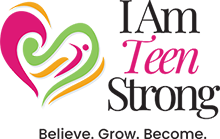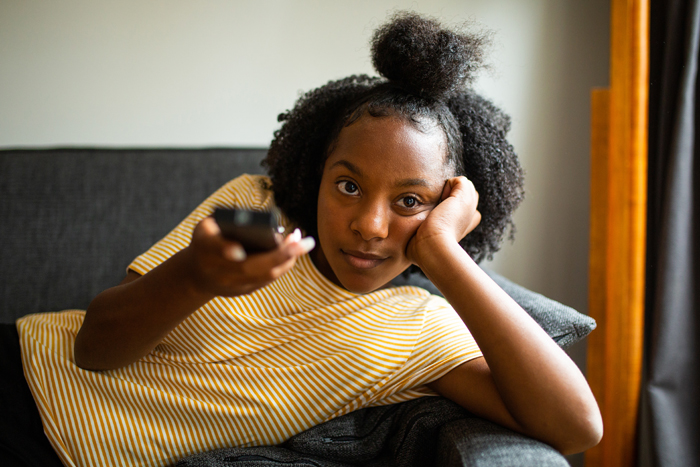Written by: Alexa Bailey, MSW, LMSW
Picture this: It’s been a long day, and you’re drained. The emotions have been high, stress is ongoing, you’re feeling burnt out, and the last thing you’re ready to do is challenge another unhelpful thought. And so, the headphones get popped in, a show turned on, social media pulled up, and the brain turns off. Sounds relatable, doesn’t it? This is what it can look like to use distraction to cope.
Distractions are not inherently bad. In fact, they can be really awesome! When the brain is overwhelmed, we need to be able to provide a release to decrease stress. Distraction is a passive coping strategy, which means that coping is happening without directly confronting the situation, changing things, or trying to solve the problem. Many studies have been done around distraction being used as secondary way for coping and while it’s not solving anything, it is a way of reducing the negative emotions by allowing us to change ourselves or our reaction, especially if we can’t change the outcome or the situation. The key to remember here is that distraction is not the whole package, it only serves its purpose temporarily, so eventually, the problem will come back, and other skills will be needed.
Some of the other ways coping can happen is through positive cognitive restructuring, problem solving, seeking support, escape/avoidance, and, of course, distraction. So, knowing how to use distraction to your advantage means intentionally using it instead of unconsciously using it. There is a lot of power in using coping skills intentionally. Distraction coping comes in many packages with things like watching TV or YouTube, scrolling on social media, exercising, reading, or engaging in other pleasurable and engaging activities. Again, these are not bad things when used intentionally and used strategically. Where we tend to get into tricky waters is when distraction is the go-to and the only coping strategy being used. And, spoiler, it is the coping skill that tends to get abused and misused the most.
There are some things to look for to help assess if distraction coping has become unhealthy for you.
- There is very little quiet in your life. When we fill all our time with noise and media consumption, we don’t allow for our brain to rest. Sometimes, we’re afraid of silence, so we continue to fill it with distraction. The brain becomes too overstimulated to allow for thoughts to come and problem solving to happen.
- You feel numb when using distractions. While distractions are meant to give you space to decompress, if there is no space to feel your feelings, the numbness comes to overpower your senses. That’s not a great way to solve your problems.
- Distractions have become harmful to your body. If the distractions being used have become self-harm or substance use, this is a big alarm that distraction has become very unhealthy. Using these methods not only presents present danger but also ongoing harm as well. If you struggle with these, please seek out help through a trusted adult. You are deserving of all the help and love needed to address these experiences.
- You have low confidence in your ability to cope without distraction. When we have a dependence on distraction, we don’t feel like anything else will help. It can feel overwhelming to try something new or something else if we feel like it won’t work as well, because it may take time, but that doesn’t mean a new coping skill won’t be effective.
While this list is not exhaustive, these are some good places to assess for yourself what you need. Without demonizing distractions, we can also recognize that we need other supports and strategies in order to fully address our feelings and needs. Many mental health difficulties and illnesses can make using coping skills difficult, so please give yourself empathy when you notice distraction has become your go-to coping skill. The first step is extending self-compassion that you coped the best you could, and now you want to do better. Start where you are and then go from there.
************************************************************************************************************
Alexa Bailey is a Licensed Master of Social Work (LMSW), who works in private practice providing therapeutic services at Evolve Counseling. She has experience treating several different populations and areas, including trauma, anxiety, depression, relational challenges, and life transitions with both young adults/adolescents and adults. Alexa is a big advocate of self-care and creating whole personal wellness through positive change and healthy habits.

